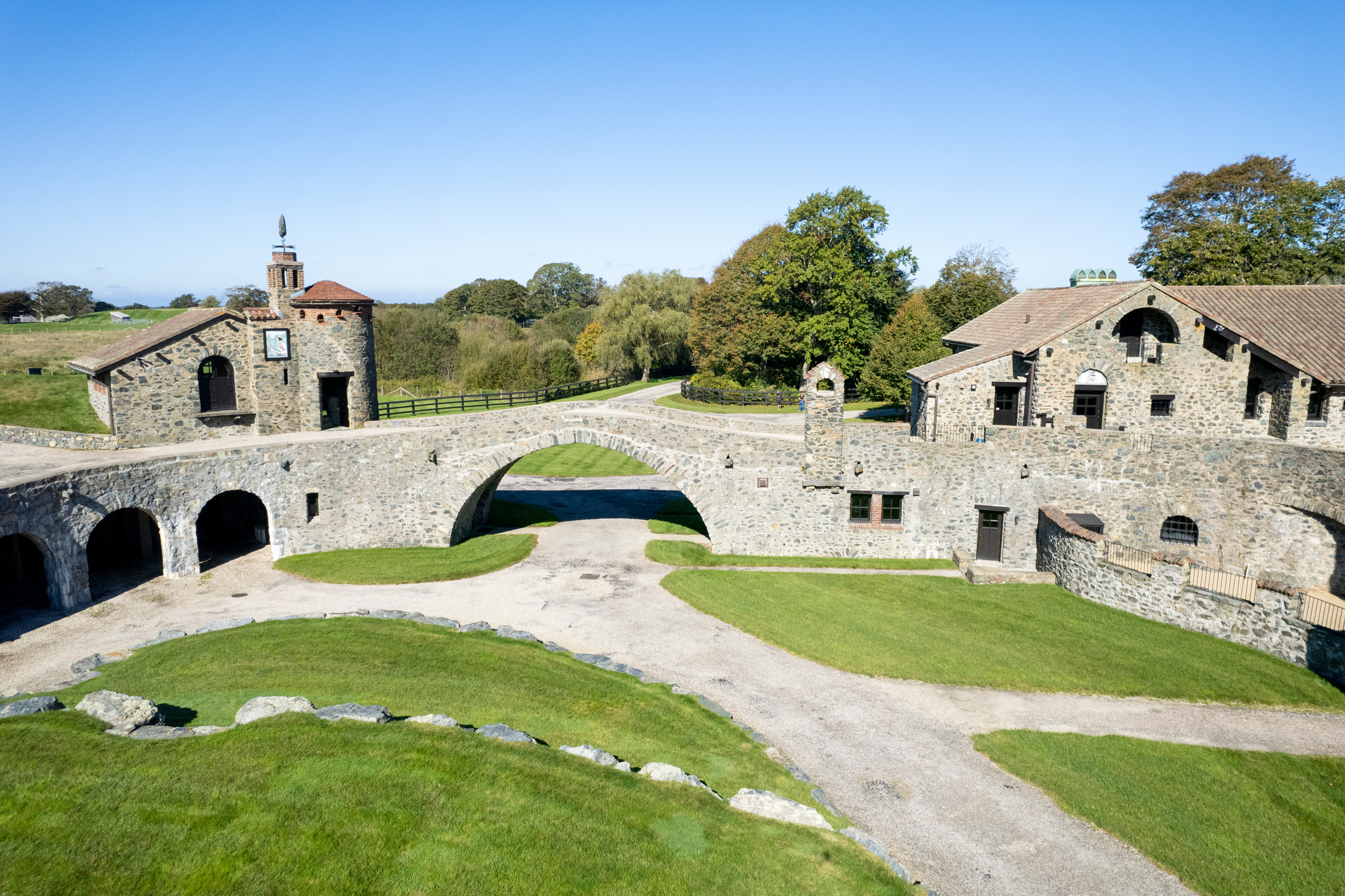
One-third of Swiss live in single-person households

Newly-published statistics for 2017 show that over one-third of Swiss households are now comprised of just one person. Households of five or more continue to disappear.
Of the almost 3.7 million households in the country, the Federal Statistical Office (FSO) reported on ThursdayExternal link, 35% are single-person. while another third (33%) are made up of two people.
Though this doesn’t represent an astronomical change since the turn of the century, longer-term demographic and living changes are clear: in 1930, the FSO shows, just 2% of Swiss people lived alone, while over half the population lived in households of five or more.
Today, 14% of the overall population live in homes containing five-plus residents. This accounts for some 6% of all households in the country.
+ Read more about Swiss renting habits, especially in cities
Between the cantons, there are no huge disparities from the average number of persons per household (2.34 across the country), but canton Basel City tops the list of single-person households, with an outlying 46.7%.
As for single-parent homes, also analysed by the FSO, the nationwide average last year stood at 6% of households. Geneva, with 8.9%, had the highest number.
Overall, the figures fall broadly in line with European trends, which also show shifts towards lone-living and smaller households. Across the entire European Union, according to Eurostat figuresExternal link, single-person households are the most common type, at 33.6%.
The average household size in the EU is 2.3, almost the same as the Swiss average. The US figure for 2017 was slightly higher at 2.53.
By contrast, the European rate of lone parent homes is 15%, more than twice the Swiss figure.

More
Is Switzerland crowded compared to other countries?

In compliance with the JTI standards
More: SWI swissinfo.ch certified by the Journalism Trust Initiative



























You can find an overview of ongoing debates with our journalists here . Please join us!
If you want to start a conversation about a topic raised in this article or want to report factual errors, email us at english@swissinfo.ch.